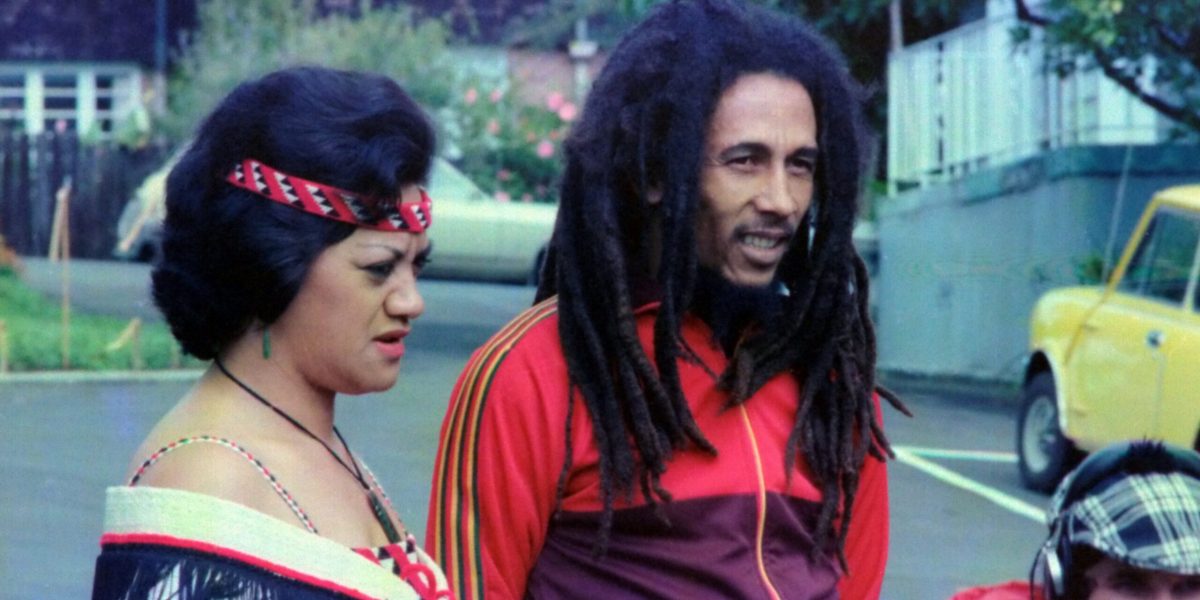Few genres have had the transformational impact of reggae music on the global music scene. Emerging from the vibrant streets of Jamaica in the late 1960s, reggae carries a distinct rhythm, soulful melodies, and lyrics infused with powerful messages of social justice, resistance, and unity. Over the decades, reggae has transcended its roots, inspiring countless artists, influencing diverse genres, and embedding itself into the cultural fabric of the world.
Where Did Reggae Begin?
The birth of reggae is closely tied to the history and culture of Jamaica. Its origins can be traced back to earlier Jamaican musical forms, such as ska and rocksteady, which combined African rhythms, Caribbean beats, and American jazz and R&B influences. By the late 1960s, reggae had emerged as a genre in its own right, characterized by its offbeat rhythm, slower tempo, and deep, resonant basslines.
One of the most defining aspects of reggae is its lyrical content. From its inception, the genre has been a platform for addressing political and social issues. Early pioneers like The Wailers, which included the legendary Bob Marley, used reggae to shed light on inequality, oppression, and the struggles of the marginalized. These themes resonated not only in Jamaica but also with audiences worldwide, giving reggae a universal appeal.
How Did Bob Marley Bring Reggae to the World?
It is impossible to discuss the global influence of reggae without mentioning Bob Marley, whose music became the voice of a movement. With songs like “One Love,” “Redemption Song,” and “No Woman, No Cry,” Marley transcended cultural and national boundaries, spreading reggae’s message of peace, love, and resistance to audiences on every continent.
Through Marley’s international tours and the rise of his albums like “Exodus” and “Legend,” reggae became synonymous with ideas of hope and resilience. Marley’s association with Rastafarianism, a spiritual movement deeply connected to the genre, also introduced global audiences to a way of life rooted in African identity, faith, and self-reliance. His influence turned reggae into a cultural phenomenon, cementing Jamaica’s place as a major force in global music.
How Has Reggae Influenced Other Genres?
Reggae’s impact extends far beyond its own borders, having shaped and inspired many other genres. In the United Kingdom, reggae became the foundation for the reggae fusion and dub music scenes. Pioneering artists like Steel Pulse and UB40 brought reggae’s rhythms to European audiences, while Jamaican-born DJs helped lay the groundwork for the UK’s sound system culture.
One of reggae’s most significant contributions to global music is its role in the evolution of hip-hop. In the Bronx during the 1970s, Jamaican immigrants like DJ Kool Herc introduced techniques from reggae sound systems, such as toasting (talking or chanting over beats), which became foundational elements of hip-hop. Without reggae, hip-hop as we know it today might not exist.
Reggae has also influenced genres like punk rock and pop music. Bands like The Clash and The Police incorporated reggae rhythms into their songs, creating a unique fusion that resonated with global audiences. In recent decades, reggaeton, a genre with strong reggae roots, has gained worldwide popularity, blending reggae beats with Latin influences and modern production.
Why Does Reggae’s Message Still Resonate Today?
Reggae remains as relevant today as it was during its emergence. Its themes of freedom, resistance, and unity continue to resonate in a world grappling with inequality, social justice movements, and a desire for change. Modern artists like Damian Marley, Chronixx, and Koffee are carrying the torch, infusing reggae with contemporary sounds while staying true to its roots.
Beyond music, reggae has become a cultural symbol. It represents the enduring spirit of Jamaica, the power of community, and the importance of standing against oppression. In many ways, reggae has become a universal language, uniting people through its rhythms and messages, regardless of nationality or background.
How Does Reggae Continue to Shape Global Music Culture?
The influence of reggae on global music culture is undeniable. Festivals like Reggae Sumfest and Rototom Sunsplash draw fans from across the globe, celebrating the genre’s history and ongoing evolution. Meanwhile, reggae’s incorporation into mainstream pop by artists like Shaggy, Sean Paul, and even global stars like Beyoncé highlights its continued relevance.
The genre’s adaptability has ensured its longevity. Reggae artists are now blending the traditional sound with electronic elements, Afrobeats, and even trap music, creating fresh hybrids that appeal to new generations. By embracing innovation while honoring its heritage, reggae continues to inspire and connect people worldwide.
Reggae is more than just a genre—it is a movement, a legacy, and a testament to the power of music to inspire change. From its roots in Jamaica to its global influence, reggae has proven to be one of the most impactful forms of artistic expression. By blending rhythm with a message, reggae has left an indelible mark on the world, reminding us of the importance of unity, resilience, and the human spirit.














